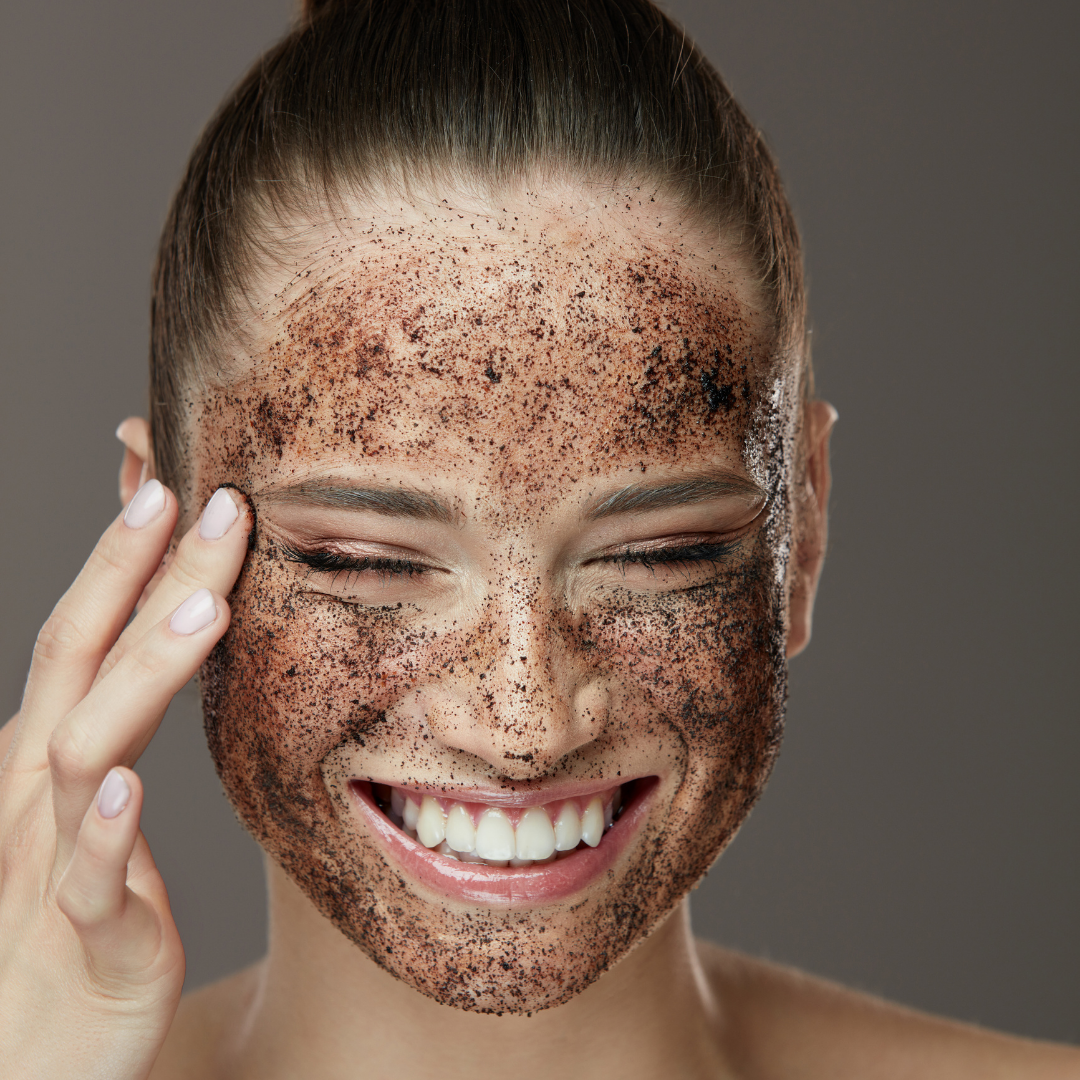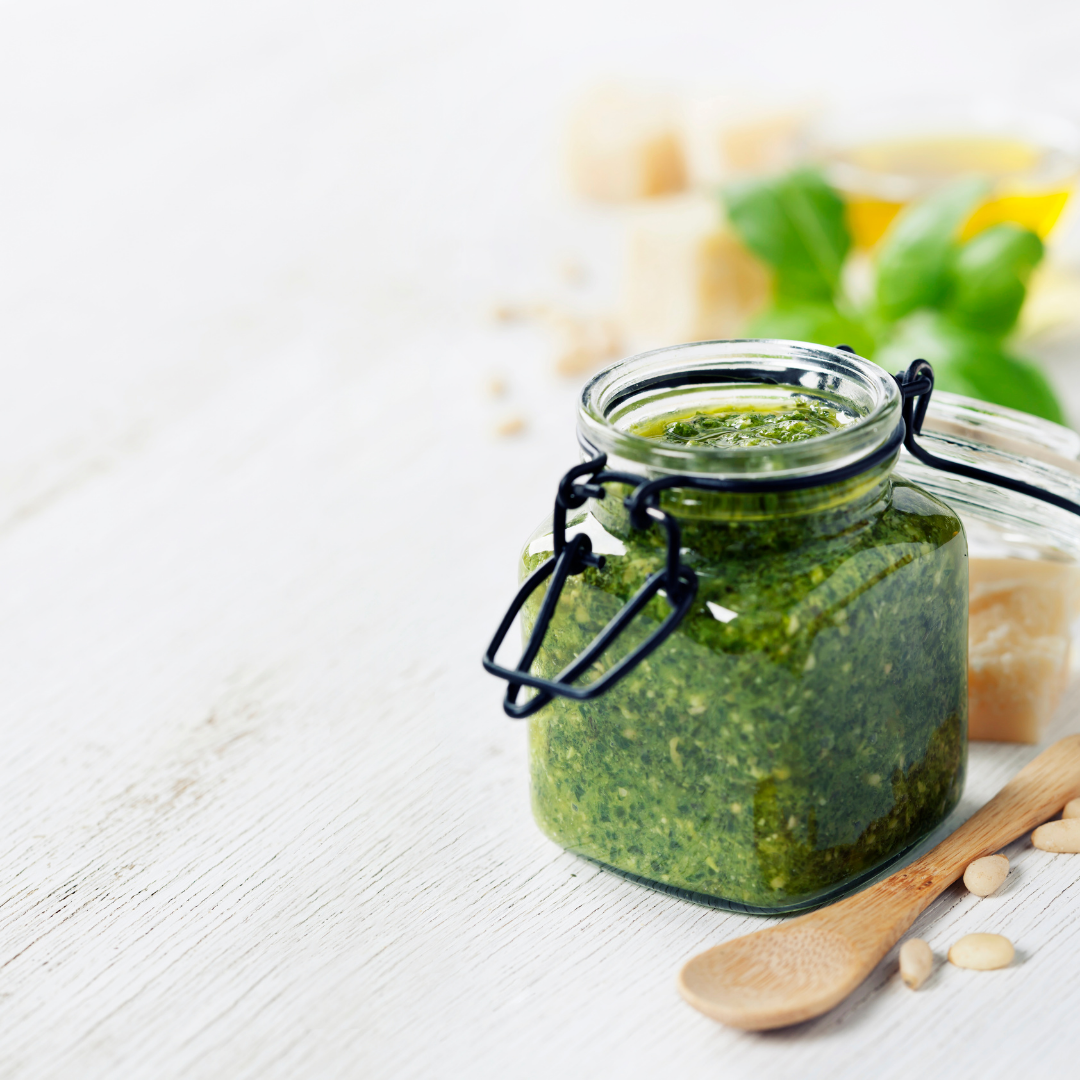
Beauty of Balance: Treating Rosacea, from a Psychodermatologist and Nutritonist
Rosacea is a skin condition that has only recently started being part of the conversation and become increasingly more common. . This condition can be unique to each individual, and the symptoms widely vary, however the root cause of this remains the same.
We return with another Beauty of Balance Instagram Live where Kurami’s nutritionist and Dr. Alia explore the skin condition Rosacea, and how it can be treated beyond topical ointments and creams.
Watch the full Instagram live here.
G: Good morning and Happy New Year Dr. Alia! We are pleased to have you back with us to discuss the correlation between the skin and nutrition. For our new viewers, would you like to describe your role as a psychodermatologist?
I am a consultant dermatologist, but my special interest is in the psychological impact of having skin conditions; marrying the two terms, this creates my title as a psychodermatologist. I have accomplished a degree in clinical psychology, therefore I have a really good understanding of why people feel a certain type of way, and how I can respond to these emotions.
With skin conditions, people tend to forget that it can impact the way that you feel as well as how your skin appears. This emotional cycle can perpetuate symptoms, particularly in relation to the skin. Psychodermatology therefore takes quite a holistic approach; diet, exercise, fluid intake, and lifestyle is always taken into perspective.
G: Today we are exploring the topic of Rosacea. Please tell us more about this skin condition, and how it develops?
Rosacea is something that I see quite commonly, and increasingly so. People can present this issue without realising that it is rosacea, and it is usually something that I have to diagnose. It is a chronic and inflammatory condition and it has a huge psychological impact. It does not matter how severe one’s skin condition is, it can still be psychologically difficult to deal with.
Rosacea has a background redness which affects the middle section of your face. Spots, edema, swelling of the skin, or dryness can also appear in these areas; when these appear, it can be identified as inflammation. If they cannot see these visible changes, patients can describe that they instead feel a burning sensation on the skin.
Rosacea is a constellation of symptoms. Each individual can have slightly different representations. There is also no good research as of yet that explains why rosacea occurs, but we do know that it is linked to problems with the immune system, a level of genetics, and a level of microbial imbalance. Some research also shows that those with rosacea can have a lower heat or pain threshold, and the nerves responsible for detecting these things are in higher concentration in comparison to those that do not have rosacea; this can almost be described as a hypersensitivity to certain factors such as temperature, heat, and more.
G: What are the main triggers of rosacea? Can these triggers be avoided?
The triggers will vary from person to person, however the one that we hear most often are the extremes of temperature; whether hot or cold. Other common triggers include microbial imbalances, stress, and exercise. Even spices or certain foods can stimulate rosacea. Although these triggers can be identified, not all of these triggers can be avoided all of the time.
G: What is your common mode of treatment for this skin condition?
Treatment will typically include topical or cream-based products, and we look for ingredients such as antibiotics to try and reduce the level of inflammation in the skin or anti-parasitic creams. There are other anti-inflammatory products that can reduce redness and inflammation out there as well.
We also look at long-courses of oral antibiotics that are anti-inflammatory at low doses. Typically, the initial course of antibiotics will last 3 months at least, if not longer. If either of these do not work, we also look at long-term oral retinoids at very low doses.
Those who have had long-term changes to their skin due to rosacea may be recommended surgical processes. Overall, your recommended treatment will depend on the changes that you have in your skin, but the main aim is to reduce inflammation.
A: As a nutritionist, could you explain the link between skin health and nutrition, and the key nutrients which might impact the skin? Where can we find these nutrients?
Good nutrition plays a very key role in maintaining health, as through getting in key nutrients, you are able to maintain the normal structure of the skin and how it functions. Skin is the largest organ in the body, and this surprises me to this day! The skin is a physical barrier, and it is highly important as it works to maintain the normal homeostasis in our bodies, the protection of our nerves, and many more.
A healthy, varied, and balanced diet is key. When going into specifics, key nutrients include vitamin A, vitamin C, the B vitamins, collagen, and copper. However realistically, it is hard to pinpoint these—we eat foods not nutrients. When you take supplements for example, you do not get the same effects that you can do from when you consume the nutrients through whole foods.
Foods can contain a variety of nutrients! Let us take vitamin A for example; this comes from bright and orange fruits! Citrus fruits are not only a source of vitamin A, but also vitamin C, therefore they immediately provide multiple key nutrients for the skin. When it comes to minerals, you can usually source a lot of these from meat, nuts, fish, eggs, or any natural protein source--these provide Zinc. These are also water soluble, therefore the cooking methods used can also impact the nutrient density; minimise cooking time if you can!
Overall, it is very important that we maximise the range of the foods that we eat. I would recommend a starchy base; at Kurami we usually use ancient grains, a portion of vegetables, a protein source, healthy fats, and lot’s of colour! Balance is key.
A: As we have now entered a new year, do you have any pieces of advice that you can leave with our viewers with regards to maintaining a sustainable, balanced, wholesome diet?
I personally love to plan! I always have a weekday and a weekend routine; during the week, I like to plan the day before, and my meals usually remain very similar to each other. For example, I love porridge for breakfast as it is quick and nutritious. I also have a thermal that I can use just in case I do not have the time to eat my breakfast at home, therefore I can eat it at work. I also plan my lunches; I love making big batches of soup during the weekend, and this will last me for several lunches throughout the week. I store many of my ingredients in the freezer such as bone broth and vegetables, to easily add into the meals that I am making. For dinner I usually crave more comforting meals, especially after a day of work, therefore I use a lot of eggs and vegetables to keep it nourishing.
Overall, I would recommend having a proactive style to eating, therefore you can make your choices and lifestyle work for your personal routine.
G: At Kurami, we are ever-creating new and nourishing meals and drinks to spruce up our meal paths. As a psychodermatologist, would our service be one that you would recommend to your clients this year?
Yes! The concept of Kurami is really interesting. Using myself as an example, I have a very busy schedule and it is helpful for me to have freshly prepared meals delivered to my doorstep before I leave for work. When people are running short of time and desire wholesome meals, it is very handy to fall back on. I also know that the ethos behind Kurami is very holistic; it is always focused on the nutrients, and each meal is well planned and approved by you, the nutritionist! All food groups are covered in your dishes, and I do believe that it is a great idea.
Overall…
As discussed within the live, Dr. Alia and our nutritionist present the various treatment options for Rosacea, whether through the traditional forms of treatments, or through a more holistic approach.
KURAMI is a premium meal delivery service with a unique focus on gut health. All KURAMI meals are nutritionist approved, and chef crafted, to ensure clients receive balanced and delicious meals ready to eat, right at their doorstep.
Discover beauty from within. Order your meal path now, and begin your journey with us today. Follow us on instagram here.
Dr Alia sees NHS patients in the Frimley Health Foundation Trust. She consults privately at The Bridge Clinic (Maidenhead) and Epsom Skin Clinic. Please click here to find out more about Dr Alia, or follow her on instagram here.



